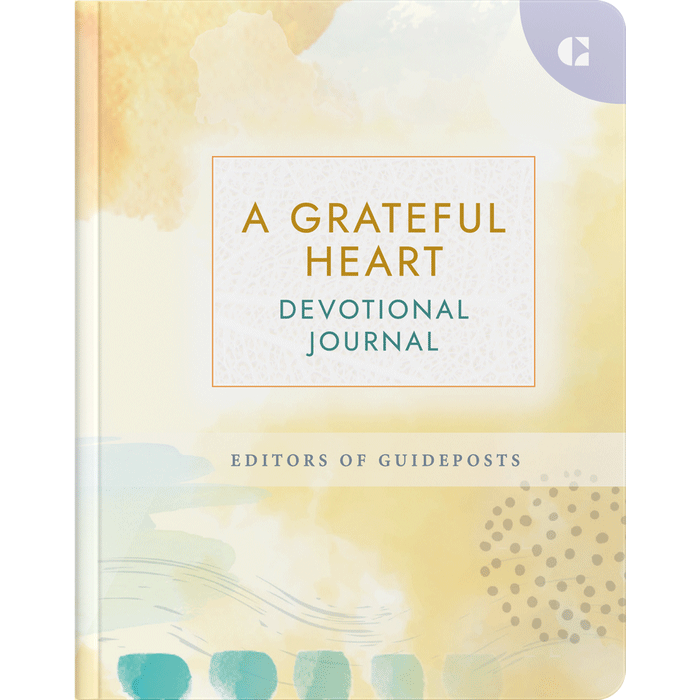You probably know that Rosh Hashanah is the Jewish New Year: on Sunday, October 2, the year 5777 will begin. You probably also know that it is the beginning of a ten-day period of reflection and repentance, culminating with the holy day of Yom Kippur.
But I learned early on that the holiday is not only about apologizing for your sins and failings—it is also about forgiving others.
My rabbi used to tell the same story, year after year, to illustrate this point.
“A young man was about to graduate from college. In his affluent neighborhood, it was a custom for graduates to receive a new car as a gift from their parents. For months, the young man eyed a fancy sports car, telling his wealthy father that he wanted it as his graduation gift.
“On his graduation day, however, his father handed him a small, wrapped present. The young man opened it up, and found a Bible. Outraged that his wealthy father would give him such a gift, he left home that day, and vowed never to speak to his father again.
“Over the years, the young man’s anger faded. But his pride kept him from reconciling. Then one day the man received a phone call. His father had died. The man, filled with regret, returned home for the funeral.
“Looking through his father’s things, he found the Bible his father had given him. He opened it up, and found a slip of paper tucked inside. A check, dated the day of his graduation, made out for the exact amount of the sports car he’d so desired.”
As I found out later, the story is a well-worn parable. But searching online recently, I found the moral of the story has been interpreted many different ways.
Some believe the message is that “God’s blessings come in unexpected packages.” Some believe that it means “one should always look to the Bible for the answers they seek.”
But my rabbi’s take was different. A misunderstanding had needlessly caused a terrible rift. “Never hold a grudge. By the time you’re ready to forgive, it may be too late.”
His message to us was clear: How can we expect God to forgive us when we refuse to forgive others? Holding a grudge may mean we miss out on the blessings that could have been—whether it’s a sports car, or a sense of peace.
Not too long ago, we ran a series of articles in Guideposts about the power of forgiveness. And in all of those stories, the ones being forgiven had done far worse than not buying an expensive graduation gift. Immaculée Ilibagiza forgave the thugs who killed her mother and brother.
Jason Hotchkiss forgave the driver who caused the accident that killed his wife and injured his children. Wes Yoder forgave the men who almost swindled him into bankruptcy. In all these stories, people faced tremendous wrongs against them, yet still found it in themselves to forgive, and were better for it.
Do you hold a grudge? Take inspiration from the Jewish holiday and make this a time to let it go. Hidden blessings may await you.
L’shanah Tova: A good year to you all.






